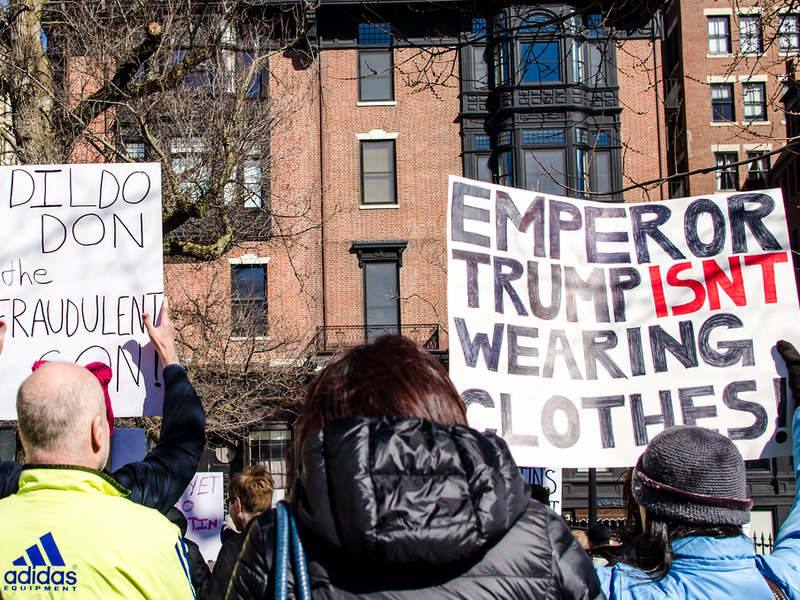Trump Drops the Hammer on AI Copyright and "Woke" Tech

Photo by Kristin ‘Shoe’ Shoemaker | License
President Trump is shaking up the tech world with a bold new stance on artificial intelligence, signaling a dramatic shift in how AI companies might handle intellectual property and content training.
In a recent keynote speech, Trump outlined an aggressive approach that would essentially allow AI companies to use copyrighted materials without paying licensing fees. “You can’t be expected to have a successful AI program when every single article, book, or anything else that you’ve read or studied, you’re supposed to pay for,” Trump declared, emphasizing what he sees as a “commonsense application” of AI development policy.
The speech, delivered at a summit hosted by the All-In podcast and Hill & Valley Forum, also included Trump’s trademark rhetoric against what he calls “woke Marxist lunacy” in technological development. The president’s comments come alongside a comprehensive 28-page AI Action Plan that recommends over 90 policy strategies designed to position the United States as a global leader in artificial intelligence.
The proposed policies aim to dramatically reduce regulatory barriers for AI companies. Key recommendations include withholding federal funding from states with “burdensome” AI legislation and updating procurement guidelines to prioritize AI systems that demonstrate “objectivity” and resist ideological bias.
Tech policy experts are divided on the approach. Adam Eisgrau from the Chamber of Progress praised the stance, arguing that licensing copyrighted works for AI training is “not doable” and that such materials are used transformatively, similar to human learning.
The policy recommendations also reflect an ongoing battle between AI developers and content creators. Recent legal challenges have seen tech companies facing lawsuits from publishers, record labels, and artists over unauthorized use of their intellectual property in AI training datasets.
With this aggressive stance, the Trump administration is positioning itself as a champion of rapid technological innovation, potentially setting the stage for significant changes in how AI technologies are developed and regulated in the United States.
As the AI landscape continues to evolve, these proposals represent a potentially radical reimagining of intellectual property rights in the digital age.
AUTHOR: mei
SOURCE: Wired
























































